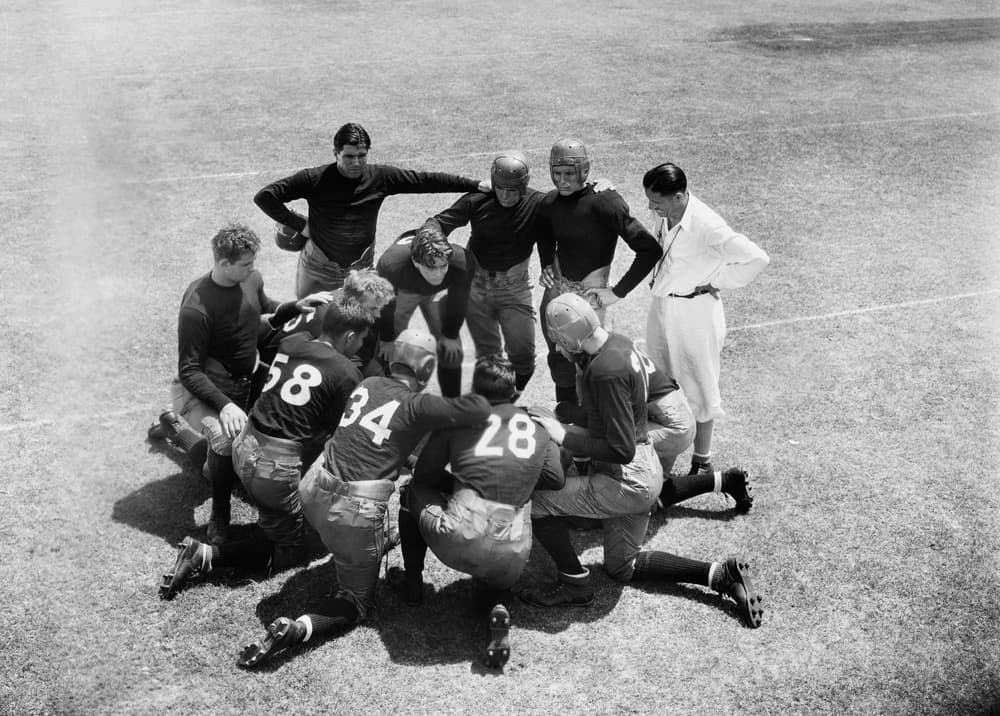The investigation of a workers compensation hearing loss claim involves the detailed review of the medical records related to the employees hearing. Often obtaining the medical records can be a challenge for the work comp adjuster. When a 60 year old employee files a hearing loss claim, locating and obtaining the hearing test records for employment 30 years earlier is difficult. It becomes even more complicated if the employee worked for a different employer 30 years ago, that is no longer in business.
Click Link to Access Free PDF Download
“How Do I Get My Adjusters To Follow My Account Handling Instructions?”
While the adjuster will prevail on the otolaryngologist to establish the amount of hearing loss that can be connected to the employees job position, there are much better ways of fighting (and winning) the hearing loss claims. Here are some suggestions on what the employer can do to eliminate or at least reduce the size of hearing loss claims:
The use of audiograms is the best way to measure the amount of hearing loss. A program requiring an audiogram of every new hire will reduce the employers exposure to hearing loss claims. The best way to handle hearing loss claims is to prevent them from occurring to began with. The employer who encompasses hearing protection into their safety program will eliminate most hearing loss claims and reduce the cost of the hearing claims that do occur.
Author Rebecca Shafer, JD, President of Amaxx Risks Solutions, Inc. is a national expert in the field of workers compensation. She is a writer, speaker and website publisher. Her expertise is working with employers to reduce workers compensation costs, and her clients include airlines, healthcare, printing/publishing, pharmaceuticals, retail, hospitality and manufacturing.
Contact: RShafer@ReduceYourWorkersComp.com or 860-553-6604.
SUBSCRIBE: Workers Comp Resource Center Newsletter
Do not use this information without independent verification. All state laws vary. You should consult with your insurance broker or agent about workers comp issues.
©2010 Amaxx Risk Solutions, Inc. All rights reserved under International Copyright Law. If you would like permission to reprint this material, contactInfo@ReduceYourWorkersComp.com
















I worked for the New York City transit authority I filled a claim for claim after retiring my employers hearing loss test shows I lost 20% the doctor I went to for hearing loss said I lost 20% or 25 or desk led this case has been going on since 2016 I have not been paid paid anything do I have a case and if so how much should I expect to revive in a setlment I worked for them for 23 years thank you
I fell backwards on the ice going into work. Went unconscious and was diagnosed with a concussion. I am now experiencing some high-frequency hearing loss and ringing in both ears. The doctor said the only solution for this is hearing aids. I and my wife will attest to the fact that I did not have hearing problems before the accident. Should workman’s comp in Illinois cover this? They have accepted the claim and are supporting my treatment for the concussion. They have not yet received the doctor’s report, I am just wondering at this time what to expect. Thank you.
is there a way to see how many hearing loss claims were done in north jersey workers comp and who are the attorneys who represent the claiment
I worked in the ship building industry and have a hearing loss. I was told I could receive a new pair of hearing aids every four years due to technology improvements. I am receiving my new hearing aides shortly. I was informed I would receive 3 payouts for my hearing loss. One on the first claim and I was told to make another claim before i left the company and a 3rd claim after I left the company. I took a voluntary reduction in force (VRIF) a few years ago and have recently tried to file on that third claim and have been told it would be denied. Imagine that screwed again by the company where i worked for over 30 years, I have a 30% averaged loss in both ears. can you send me a link so I can calculate what I should have received for monetary compensation? My understanding of this was this was one claim with three payouts but now I am being told that because my hearing hasn’t worsened there will be no more payouts.
Luke, depending on your WC claim, the claim should not be attached to the hearing clinic. It is your claim, not theirs. I recommend you contacting the HR Person at your previous place of work and ask which WC company holds your claim then go from there.
Again, it is not theirs. Sorry for the hassle. Which I could help more.
I am a coalminer with 38 years working underground , because of the close environment and the machinery that I have operated thru the tears I now have a hearing loss and filed a claim on my hearing and was awarded hearing aids and batt. for life but my hearing clinic shutdown and I had to go to one that never told me about my appointment or really cared about my hearing loss , they just wanted the money from Comp. now Comp tells me that since I didn’t keep my appointment with this hearing clinic , that I have loss my claim with them What can I do about this , my hearing is getting worst